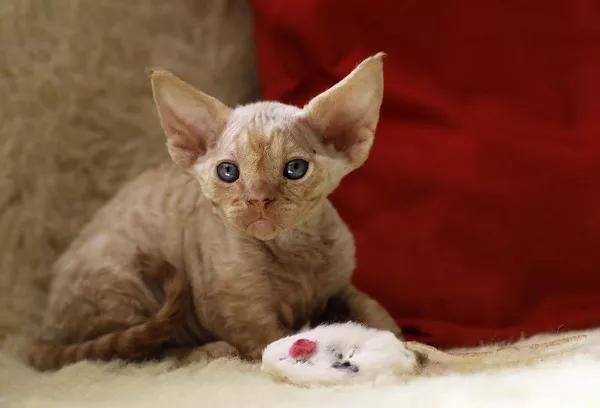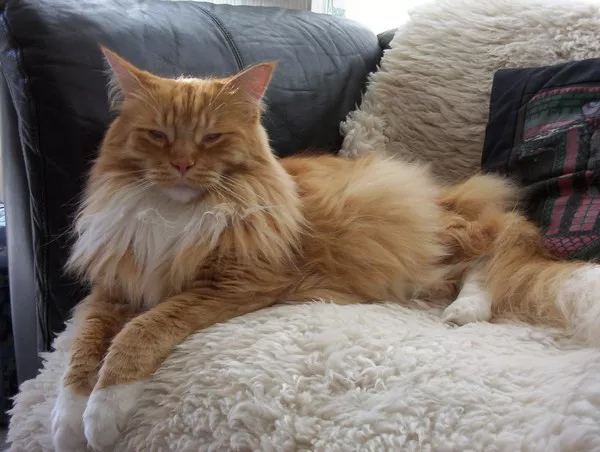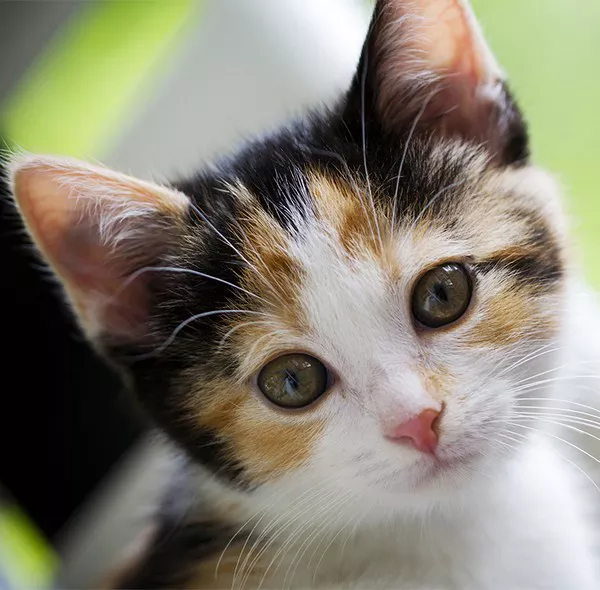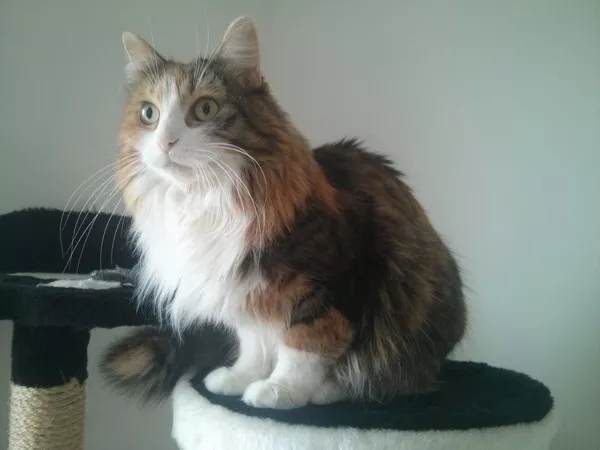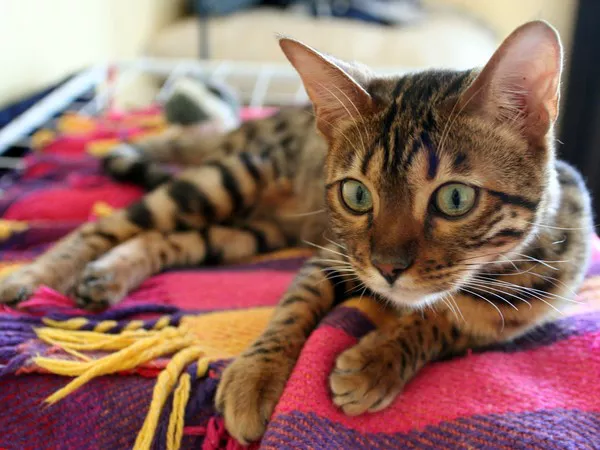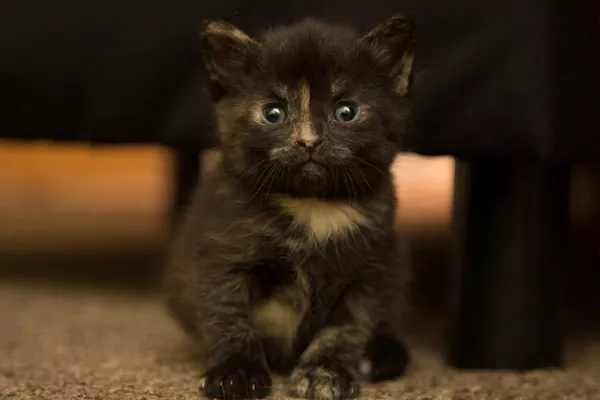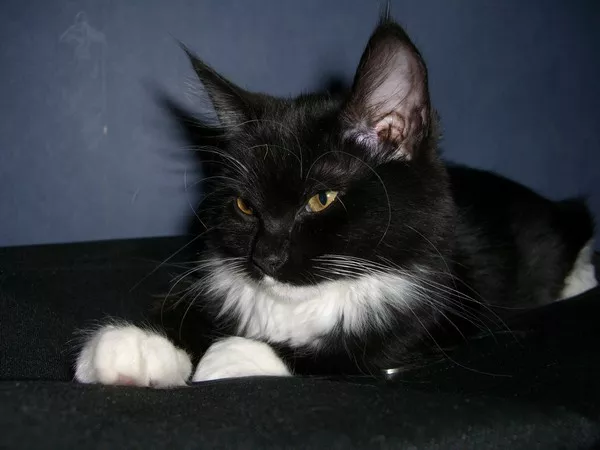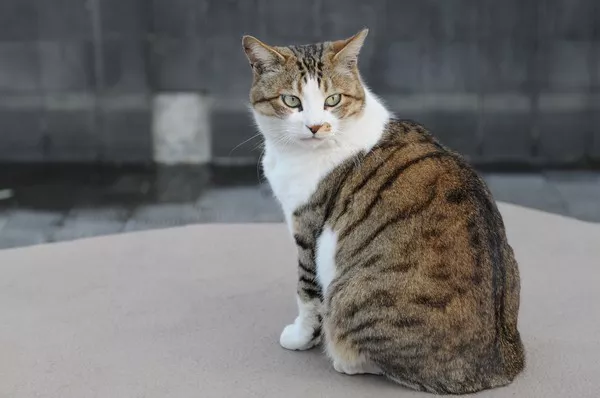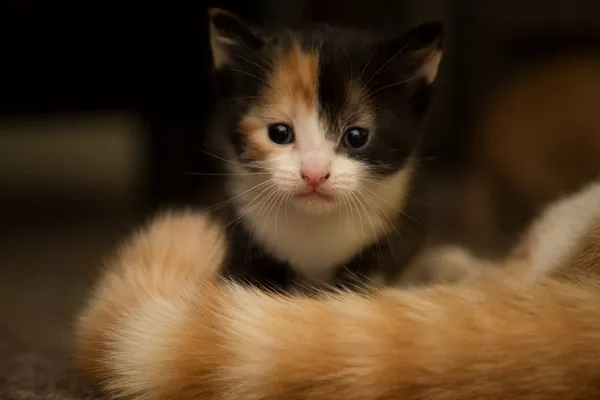Understanding the intricacies of feline behavior is a journey that every cat owner embarks upon. The Devon Rex, with its distinctive appearance and lively personality, adds a unique dimension to the exploration of cat behaviors. One common query that often arises pertains to scratching and biting tendencies in Devon Rex cats. In this comprehensive exploration, we delve into the complex world of feline instincts, deciphering the reasons behind scratching and biting behaviors in the Devon Rex breed.
Decoding the Feline Instinct
The Nature of Cats
Before delving into specific behaviors, it’s essential to recognize that cats, including the Devon Rex, are inherently unique creatures with distinct natural instincts. These instincts have evolved over centuries and are deeply rooted in the feline psyche.
Scratching as a Marking Behavior
Scratching is a natural behavior for cats, serving various purposes. One primary function is marking territory. Cats have scent glands in their paws, and as they scratch, they leave both visible marks and scent markings, establishing their presence in a particular area.
Territorial Marking: In the wild, cats use scratching to mark their territory, delineating boundaries and communicating with other felines. While domesticated, this instinct remains, and Devon Rex cats may scratch to assert their presence within your home.
Nail Maintenance: Scratching also plays a crucial role in nail maintenance. Cats need to keep their claws healthy, sharp, and appropriately sized. Scratching helps them shed the outer sheath of their claws, preventing them from becoming too long or causing discomfort.
Stretching and Flexing Muscles: Beyond marking and nail maintenance, scratching serves as a means for cats to stretch and flex their muscles. The act of scratching engages their entire body, promoting flexibility and maintaining muscle tone.
Providing Scratching Outlets: Understanding that scratching is a natural behavior allows cat owners to redirect this instinct towards more appropriate outlets. Providing scratching posts or pads encourages your Devon Rex to scratch in designated areas, preserving furniture and maintaining a harmonious living space.
Choosing the Right Scratching Post: Selecting the right scratching post is crucial. Cats often prefer posts with various textures, allowing them to choose the one that best suits their preferences. Experiment with different materials, heights, and orientations to discover what your Devon Rex finds most appealing.
Biting – Communication and Play
1. The Language of Biting: Biting is another behavior that warrants exploration in the realm of feline communication. Cats use biting as a form of expression, signaling a range of emotions from affection to irritation. Understanding the context in which biting occurs is essential for deciphering its meaning.
2. Affectionate Nipping: In the realm of cat-to-cat communication, gentle nipping or biting can signify affection. Your Devon Rex may engage in this behavior as a display of fondness, especially during moments of close interaction.
3. Playful Biting: Devon Rex cats are renowned for their playful nature. Playful biting is a common behavior during interactive play sessions. It’s crucial to distinguish between playful bites, which are usually gentle and controlled, and aggressive bites that may signal discomfort or stress.
Addressing Unwanted Behaviors
1. Redirecting Scratching and Biting: When scratching or biting behaviors become problematic, redirection is a valuable technique. Gently guide your cat towards appropriate outlets, such as a scratching post, when you observe scratching in undesirable locations. For biting during play, provide interactive toys to redirect their attention.
2. Positive Reinforcement: Positive reinforcement plays a pivotal role in modifying behaviors. When your Devon Rex uses the scratching post or engages in play without excessive biting, offer praise, treats, or affection. Positive associations will encourage them to repeat the desired behaviors.
3. Understanding Behavioral Cues: Scratching and biting can also be expressions of discomfort or stress. Observing your Devon Rex’s overall body language and behaviors is crucial for identifying signs of distress. Purring, relaxed body posture, and slow blinking often indicate contentment, while aggressive biting or excessive scratching may signal discomfort.
4. Consulting with a Veterinarian: If scratching or biting behaviors seem uncharacteristic or are accompanied by other concerning signs, consulting with a veterinarian is advisable. Underlying health issues, pain, or stressors in the environment can contribute to changes in behavior that require professional assessment.
Playtime and Enrichment
The Role of Play in Behavior
Engaging your Devon Rex in regular play sessions is a proactive approach to addressing both scratching and biting behaviors. Play provides an outlet for their energy, stimulates their minds, and fosters a strong bond between you and your feline companion.
Interactive Toys and Play Structures
Investing in interactive toys and play structures designed for cats enhances their play experience. Toys that mimic prey-like movements or provide opportunities for chasing and pouncing allow your Devon Rex to express their natural instincts in a controlled environment.
The Role of Socialization
Early Socialization Impact
Early socialization plays a crucial role in shaping a cat’s behavior. If your Devon Rex was well-socialized as a kitten, they are likely to exhibit more positive interactions and fewer undesirable behaviors. Positive experiences during their formative months contribute to a well-adjusted and confident adult cat.
Introducing New Experiences
If you’ve recently welcomed a Devon Rex into your home, gradual introductions to new people, environments, and experiences can contribute to their overall comfort and reduce stress-related behaviors like excessive scratching or biting.
Conclusion: Nurturing a Positive Relationship
In conclusion, scratching and biting behaviors in the Devon Rex are multifaceted aspects of feline communication and play. Understanding the natural instincts behind these behaviors allows cat owners to navigate them with patience and positive reinforcement. By providing appropriate outlets, addressing potential stressors, and fostering a nurturing environment, you can cultivate a positive relationship with your Devon Rex that embraces their unique behaviors while ensuring a harmonious coexistence in your home.

